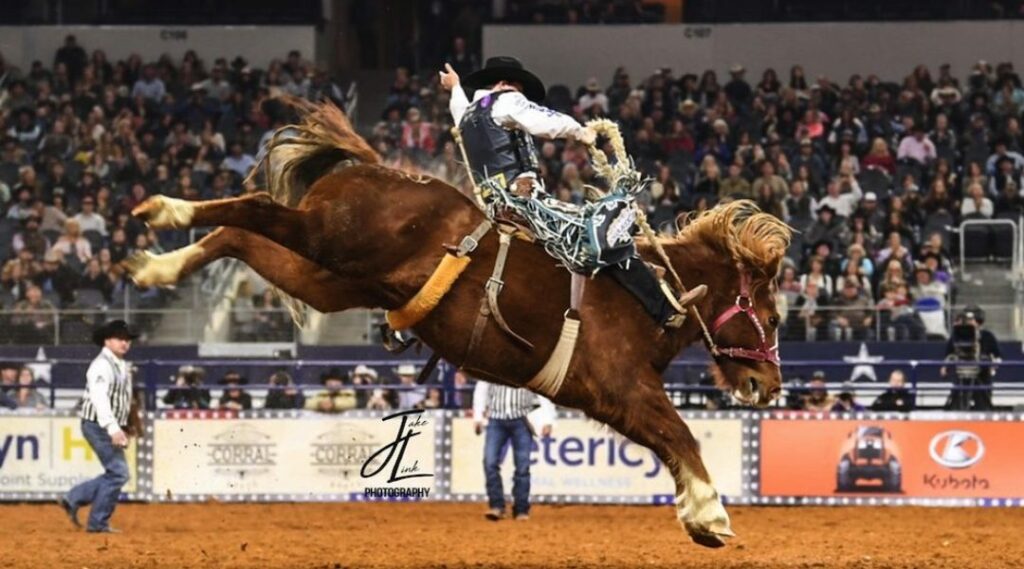Just some quick thoughts:
What does the word smart mean? We toss it around a lot.
Here are a few possibilities.
1) Smart = knowing many things
2) Smart = quick to make connections between things
3) Smart = knowing how to do something
Let’s consider these one by one. #1: Knowing many things.
Google knows many things, much more than any person, but it isn’t intelligent. It possesses information. Is simply possessing information in and of itself a valuable quality? When we lived in an age of information scarcity it must have been, but we don’t live in that world anymore. Even fantasies about returning to a world like that (such as The Walking Dead, in which Eugene’s character is valued for the knowledge he possesses) simply skip over the fact that there are libraries all over the place full of books filled with the same information. Knowing a lot is useful at trivia night but less so beyond that.
At the same time, having a depth of knowledge within a field is undoubtably useful. Ed Janak, an educational historian with whom I have studied, has an amazing depth of knowledge about American educational history. Jenny Denyer, another professor with whom I have worked, possesses deep and layered knowledge about language arts instruction, about discourse, and about teacher education. These are very useful qualities, because in both cases it means that they are able to quickly assimilate new information and understand how it relates to the body of the field, and when asked a question can draw upon the depth of their resources, and provide thoughtful, concise, and complex answers.
What is important here isn’t simply what they know, however, but the depth of field that I’m describing. It seems like in our schools we too often value shallow knowing of a broad array of information, rather than this kind of depth. We could see this as a chicken / egg problem — schools often act as if by filling students with information, we are moving them toward this kind of deep knowledge. Why not see it the other way around, though — that the deeper an understanding of something we form, the more likely we are to begin assimilating the information in that field? What if we treated memorization as a positive side effect of knowing and understanding rather than as the necessary precursor?
What about definition #2: being quick?
Is being quick an important quality? How often does speed matter, in our daily lives? Again, maybe we’re putting the cart before the horse. Having a deep understanding can make one quick, but simply being a fast processor might give one the appearance of having a depth of understanding without it actually existing.
Or perhaps it is what being quick signifies, which ties into definition #3:
Knowing how to do something. Much of the time we call people smart when they already know how to do what we’re asking them to do. This ends up creating a weird dynamic, where many people end up feeling “stupid” because they don’t enter a new situation or class already knowing how to do what will be taught. And the “smart” person is just someone who probably shouldn’t be there.
If we could get people to think of being smart as a situational quality, rather than inherent one (or could drop our use of the word in the first place), we might all be better off – that is, we wouldn’t have to feel bad about not knowing how to do what we have not yet learned. Smart usually seems to mean “situationally competent.” I’m really “smart” in an English classroom, but much less “smart” in a physics classroom, although I might do a decent job of faking being smart, because I tend to be pretty quick and carry myself with confidence.
Perhaps it doesn’t even have to mean that, though? Maybe we can think of being smart in a very different way?
When I do improv, being a good improvisor doesn’t mean knowing something that other folks don’t know (there are maybe a handful of improv guidelines worth knowing, and even they aren’t hard-and-fast rules). Instead, being a good improvisor means trusting yourself and your partner, being responsive (that is, paying close attention and taking into account what you see and hear as a result), and being brave. Maybe this is a better way to think about what it means to be smart? Certainly, if we think about students who tend to learn the most in a particular class, those students pay close attention and act on what they see and hear, and they are brave. Consider a language class — students who have been trained by our educational system to only want to give the “right” answer simply speak up less often than other students, and consequently don’t learn as much. Bravery trumps any kind of traditional “smarts.”
The next time you call someone smart, or they call you smart, stop and think a moment about what the word means in that context. And if you want to go crazy, comment on this blog and tell a story of what “smart” means to you, and let’s see if we can pin this down further.

